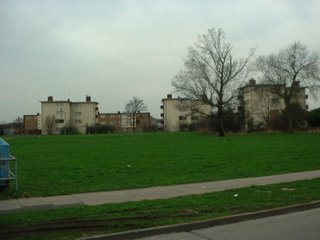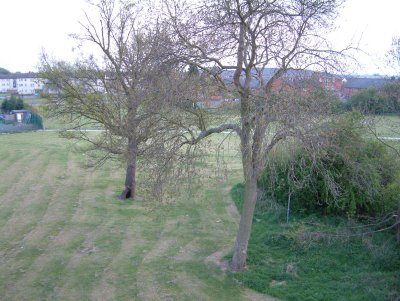"A handful of social and biological scientists over the last fifty years have gradually forced informed people to give up some of the more blatant of our biological errors, but there can still be countless errors of the same sort that no living man can yet detect, because of the fog in which our type Western culture envelops us. Cultural influences have set up the assumptions about the mind, the body and the universe with which we begin; pose the questions we ask; influence the facts we seek; determine the interpretation we give these facts and direct our action to these interpretations and conclusions."
I borrow this freely from Stephen Jay Gould though it is set down elsewhere, for Gould sets out in the mismeasure of man examples of how the contemporary notions of racial stereotypes and superiority directly influenced the science of the day, and from that perspective the notions of the Creationists and the Darwinists were completely in agreement. Science produced “facts” that Women and Black races had smaller brains, and more ape like features.
The statistics of such renowned scientists as Broca "proved" it, so did the observations of such medical taxonomists as John Langdon Down, and even Darwin himself was in on the act.
Gould shows how easily data is misinterpreted by prior bias, and re-interpreted to when it suits to produce the opposite argument when suddenly refuted, that being the tenacity of a scientist toward their original notion, that the will find ever more complex perversions to explain what ought in scientific terms to be a sinking ship.
Bruno Latour a philosopher and sociologist as well as a historian of science gives many examples of the way in which facts are in reality nothing but a consensus produced by complex processes of human endeavour that have little to do with pure empiricism.
Thomas Kuhn gives us the notion of paradigm shift, and if we want to see all of this sociology in practice we can observe the ding dongs of the pro and anti mercury theorists each of whom miss the practical and most important part of autism.
Never mind the bollox we are here and what is to be done? Many a good omelette is made by first breaking eggs and I would like to break the egg heads on both sides who divert themselves with arguments that have no place beyond establishing how many angels can dance on the head of a pin.
Autism is firmly located as a Sociological phenomenon within a wider discourse of disability and the very science that purports to define and reify this phenomenon is flawed because it is predicated not upon what is practical but upon the notions of autism being an affront to parenthood and the American way of life, from Kanner onwards through the perversions of both Bettelheim and Rimland in turn.
In others eyes it is more Bob the Builder “can we fix it, yes we can” than Thomas the Tank Engine. Thomas runs on rails, but that is not all that determines the course that Thomas takes, it is a complex interplay of engineering, signalling and the social function of the railways that is reified in Awdry's parables.
I would like to refer to the pragmatics of establishing autism as just part of the human condition that has to be accommodated for in the same way as dyslexia, and the other neuro diversities.
Nobody these days would contend that dyslexia can be cured by chelation or neuroleptics.
No the mainstream realises it is a developmental condition that can be ameliorated to the extent with which each individual has the innate capacity, and that perhaps different educational styles are necessary to come to terms with this very post literate phenomenon.
I have been saying the why and wherefores by which we have come to label autism in the latter half of the twentieth century and how it could not have happened before that because of the dubious cultural “advances” in society and the creation of disorders tied closely into the historical development of medicine and pedagogy. It seems that you don’t just have to take it from me any longer as Majia Nadesan has published much the same notions ahead of my conclusions.
Touché


